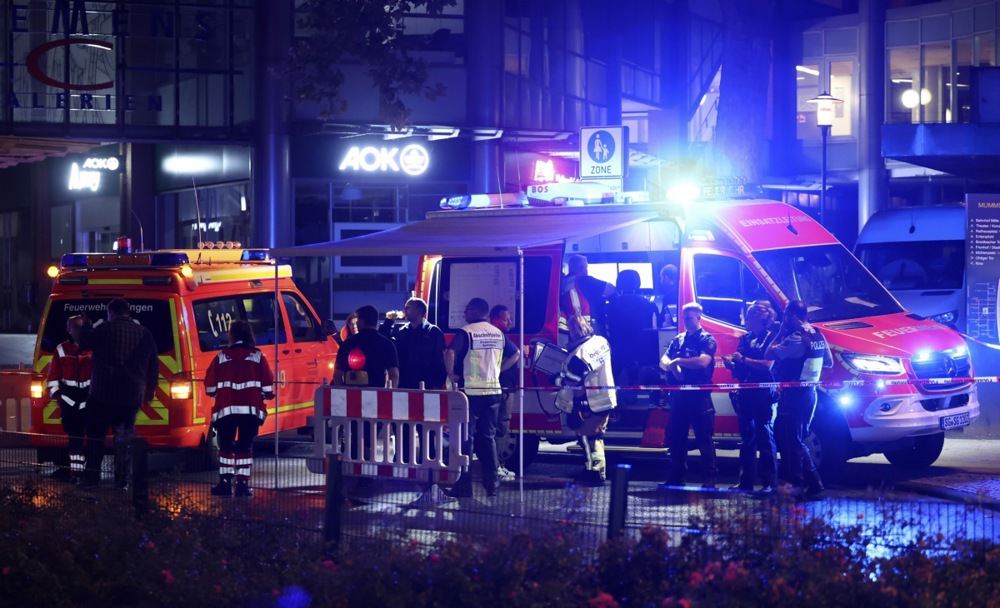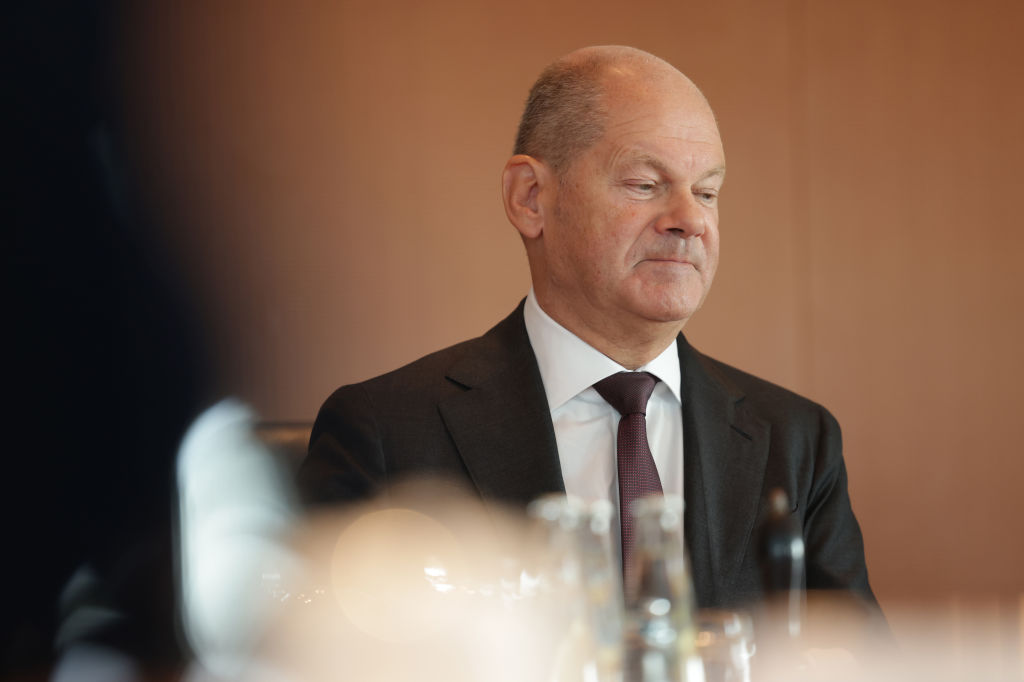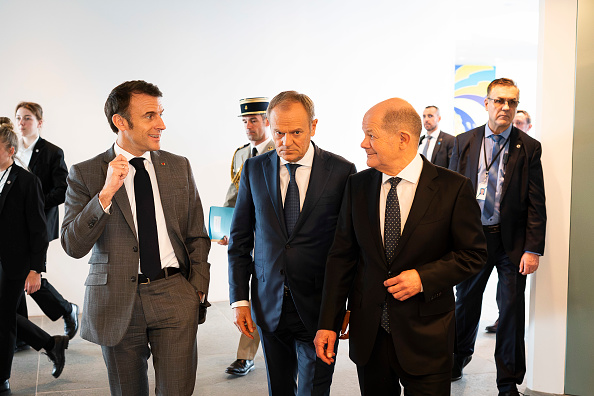A poll by the Allensbach Institute, a German public opinion research institute, has shown that only 3 per cent of respondents believe the ruling left-wing coalition German Government is beneficial for the country, marking a new low.
German newspaper Frankfurter Allgemeine published the results on September 19, concluding: “The traffic-light [government] is more unpopular than ever.
“The citizens are finished with this coalition.”
Just under one in three respondents said an alliance between the Christian Democrats (CDU) and the Socialists (SPD) was their preferred combination.
According to the survey, voters have high expectations of the CDU, a party that has shifted to the Right since former Chancellor Angela Merkel left politics.
One in four Germans responded that they would like to see a single-party government with an absolute majority, with the CDU favourites to take on this role.
More than half of the respondents, 54 per cent, said they wanted the CDU to have a leading role in the next government.
Despite that, party leader Friedrich Merz was not, according to the survey, seen by the majority as a driving force to enable that.
In contrast, 29 per cent said they felt the same about the SPD, led by current Chancellor Olaf Scholz, whose personal popularity rating was low, with only 9 per cent of respondents supporting him.
The highest approval rating was achieved by defence minister Boris Pistorius (SPD) at 30 per cent.
Nationwide, the CDU polled at 35.5 per cent, with second place going to the hard right Alternative for Germany (AfD) Party, with 17 per cent, followed by the SPD on 16 per cent.
The Greens garnered 10 per cent, followed by Sahra Wagenknecht’s BSW on 9 per cent.
Under the survey, the Liberal FDP and the hard left Die Linke would not receive sufficient support to continue operating and would no longer have a presence in the German parliament.
In de 2021 national elections, the SPD scored 27.5 per cent. The Christian Democrats won 24.1 per cent and The Greens 14.8. The Liberals came in at 11.5 per cent and AfD 10.3 per cent. Die Linke fell below the 5 per cent threshold but still secured some seats due to the country’s “direct mandates’ system.





